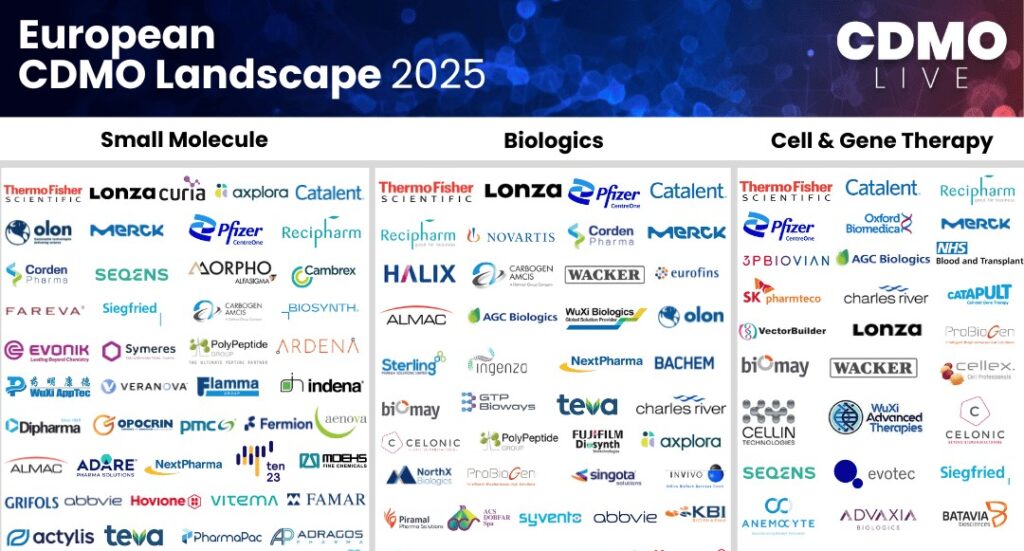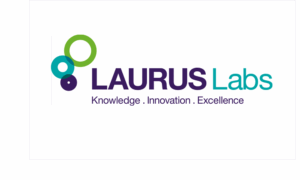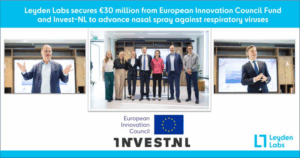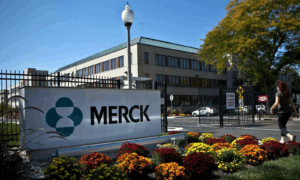- Windward Bio launched with $200 million in Series A funding led by OrbiMed, Novo Holdings, and Blue Owl Healthcare Opportunities.
- The financing will advance WIN378, a monoclonal antibody targeting severe asthma and COPD, with Phase 2 trials beginning soon.
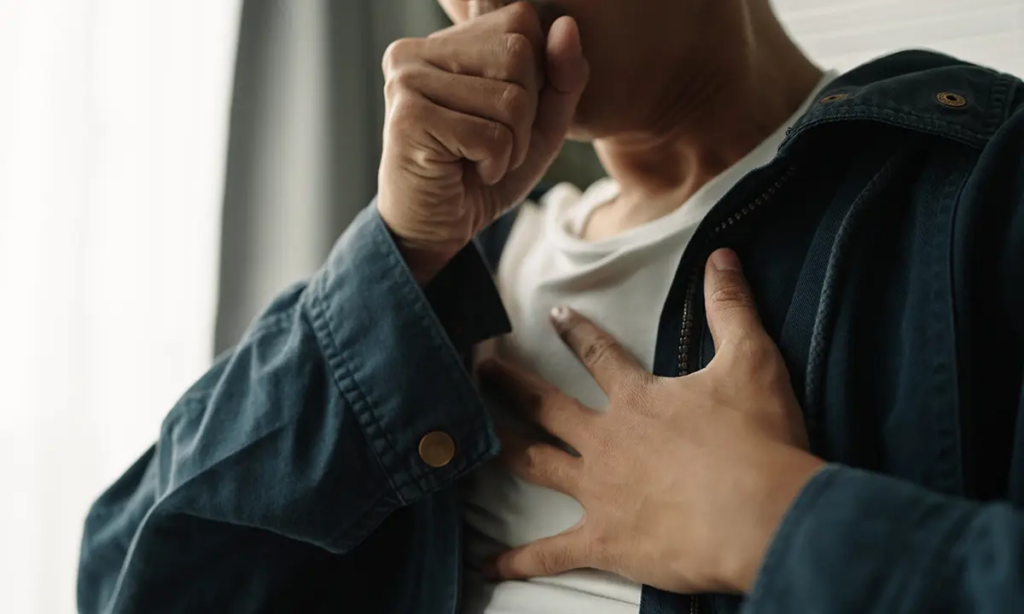
Windward Bio has officially launched, announcing the close of a $200 million Series A financing round. The funding is led by OrbiMed, Novo Holdings, and Blue Owl Healthcare Opportunities, alongside co-investors SR One, Omega Funds, RTW Investments, Qiming Venture Partners, Quan Capital, and Pivotal bioVenture Partners. The company will focus on developing therapies for advanced immunological diseases.
A major milestone for the newly established biopharma company is its licensing agreement with Kelun-Biotech and Harbour BioMed for global rights—excluding China and select Asian markets—to WIN378. This long-acting monoclonal antibody targets the thymic stromal lymphopoietin (TSLP) ligand and offers a six-month dosing regimen. Phase 2 clinical trials of WIN378 for severe asthma are set to commence, with initial results expected in 2026. Additional trials are planned for chronic obstructive pulmonary disease (COPD).
“Our mission is to discover and develop novel therapeutics for people living with serious immunological conditions,” said Dr. Luca Santarelli, founder, CEO, and Chairman of Windward Bio. He highlighted WIN378’s potential to enhance treatment outcomes while reducing the burden of frequent dosing for patients.
The company’s leadership team is composed of experienced biopharma executives with a track record of more than 15 product launches and notable exits, including sales of Therachon to Pfizer for $810 million and VectivBio to Ironwood for $1.2 billion.
In addition to WIN378, the company is advancing two undisclosed programs through IND-enabling studies and plans to expand its pipeline with long-acting bispecific therapies for immunology indications. The Series A funding will drive these efforts and strengthen the company’s position in addressing unmet medical needs in the US, Europe, and Japan.

 Sign up to the free weekly newsletter for all the latest biotech news, resources and podcasts.
Sign up to the free weekly newsletter for all the latest biotech news, resources and podcasts. 